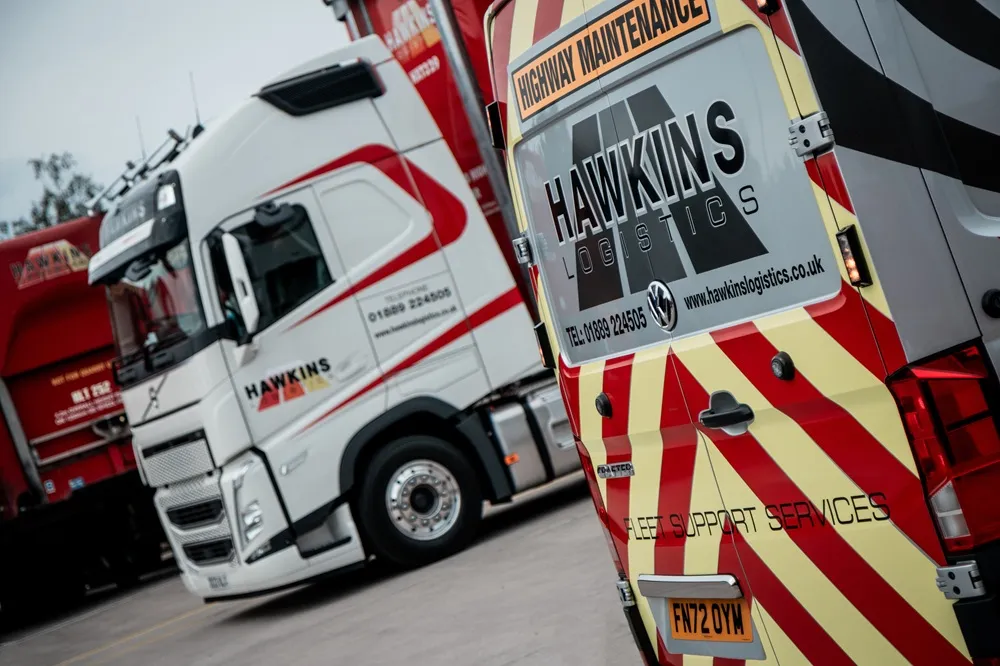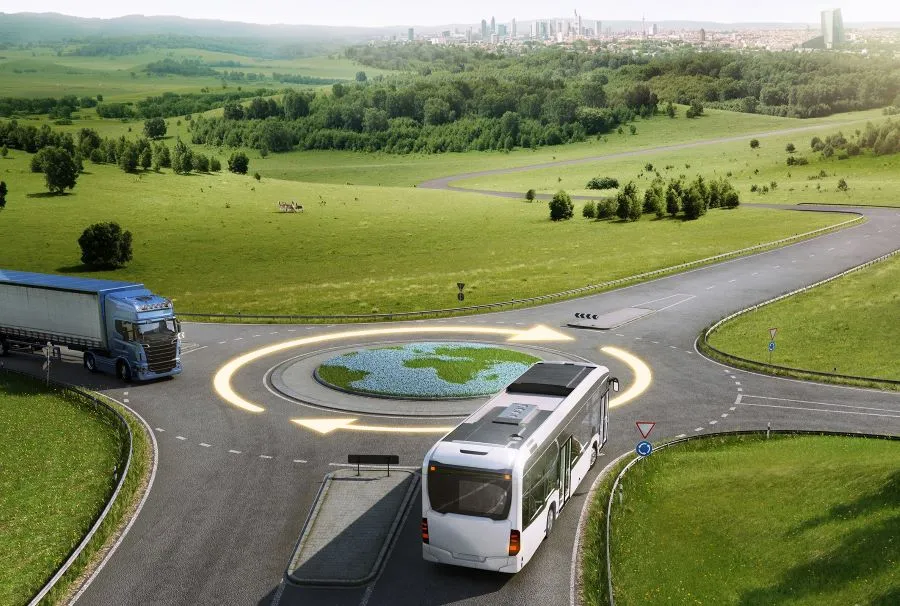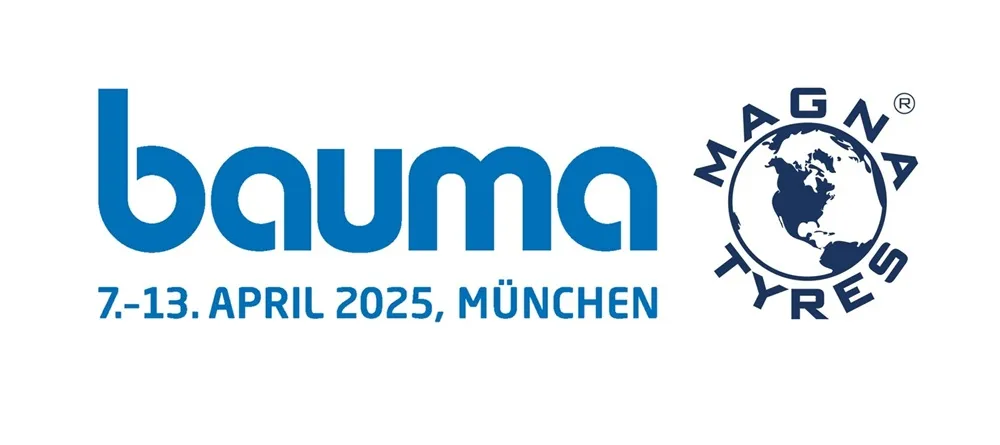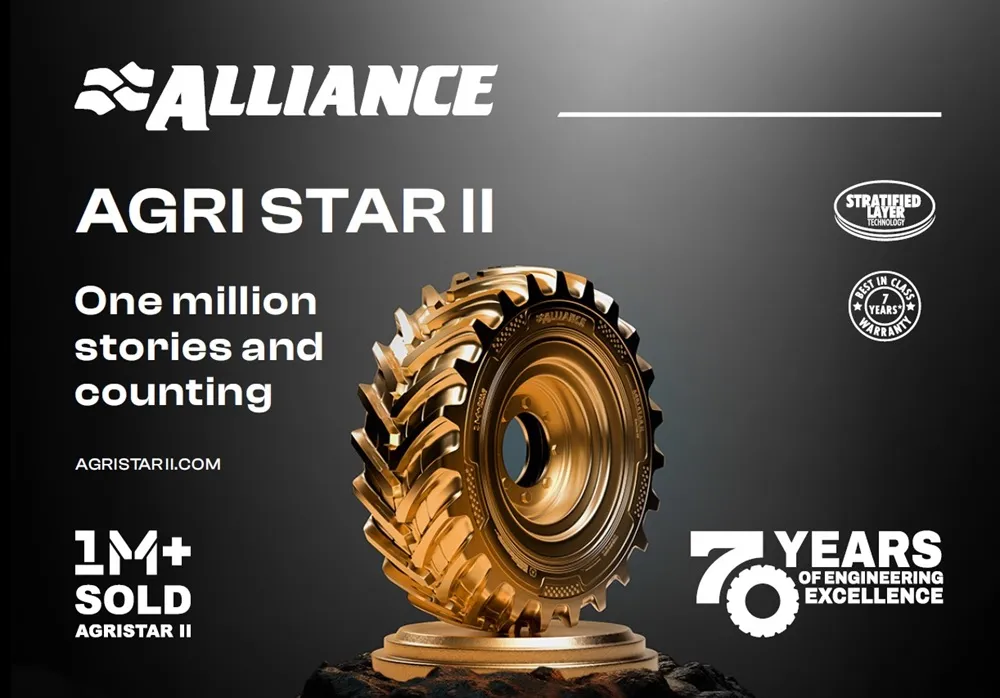ANFAC asks the new Spanish government to implement structural measures that will allow Spain to have a consolidated market of over one million units in 2024
ANFAC Calls for Legislation to Assist Automotyive Growth in Spain
The Spanish Association of Automobile and Truck Manufacturers (ANFAC) predicts that the Spanish market will close 2023 with approximately 950,000 passenger car registrations, which will represent an increase of 17 per cent compared to 2022.
If these figures are met, a significant increase compared to the previous year would be achieved given that in 2022 813,374 passenger cars were sold. Even so, it will still be 24.5% lower than the 2019 figures, when sales of over 1.2 million passenger cars were reached
Regarding light commercial vehicles, they will close with around 147,000 units sold, with an increase of 23 per cent. For its part, commercial vehicles, despite not reaching pre-pandemic volumes, are expected to increase their sales by 24 per cent, with 29,000 units. Finally, buses and minibuses will manage to improve the previous year’s figures, with a growth of 57 per cent and a forecast of 3,880 units.
Production recovery
2023 has also been the year of recovery of vehicle manufacturing in Spain. The improvement in supply rates, stability in the supply chain and the evolution of the markets in Europe have allowed this positive evolution of Spanish factories. In this context, and with the current production rate, it is estimated that Spanish factories could end 2023 with a volume higher than last year, above 2.4 million units produced, maintaining second place as the largest European producer. and recovering eighth position worldwide.
This improvement comes mainly from the relaxation of tensions in the supply chain, which has allowed vehicle manufacturing to increase and the delivery rate to recover, something essential to stimulate the market.
2024: A Key Year for Electrification
ANFAC points out that 2024 should be the year in which Spain makes significant progress in the recovery of the market and in terms of electrification to consolidate itself as a sustainable mobility hub. All of this marked by compliance with the decarbonisation objectives demanded by the EU, and in a context of strong global competition to attract the new investments for which our country is fighting.
In this situation, always aware of economic and geopolitical factors, ANFAC’s minimum objective is to overcome the barrier of one million units sold by 2024, a figure that has not been reached since 2019, before the pandemic.
Regarding electrification, in 2023, the national market, at the current rate, will be able to reach 110,000 electrified passenger cars, 40 per cent more than the previous year. A notable growth, but it will only represent 12 per cent of the total market, a figure very far from the 190,000 units set for 2023 and necessary to meet the annual emissions reduction milestones required. And also, very far from the European pace, with an average share above 20 per cent, or other countries such as Portugal (31 per cent) or Germany (24 per cent).
The association points out the need for effective measures to be implemented in 2024 to stimulate the market and boost sales of electrified models, necessary conditions to ensure the attraction of investment and new projects to Spanish factories.
This is how the president of ANFAC, Wayne Griffiths, highlighted it; “This legislature is key, and we are risking the future of our automobile industry. What is not done in the next two years will be too late. It is essential that the new Government takes a step forward and is willing to make important changes, which is what we now need. In 2024, we must recover a market of one million passenger cars. And we need to sell more electrified vehicles, because if they are not sold, brands will not want to manufacture them here. Therefore, first of all , MOVES III must be replaced by a new demand aid system based on taxation and that allows aid to be collected at the time of purchase. Likewise, it is essential to improve tax aid to companies, which are those that are most committed to electrification, if we really want to boost the growth of these vehicles.”
A new industrial policy that reinforces the automotive
The transformation of the automotive industry towards new mobility opens up a new, more demanding scenario with new competitors. Spain, as the second-largest vehicle producer in Europe and the eighth-largest in the world, must maintain its competitiveness and ensure its position in the new mobility industry.
ANFAC has insisted, as was already done in the joint presentation with Sernauto of the Report “New Challenges of the Automotive Sector in Spain”, on establishing a new industrial policy. In this sense, Wayne Griffiths emphasises that; “We must strengthen our industrial policy. Much progress was made in the last legislature, but if one thing is clear in Europe and in the world, it is that the fight for industrial investments in the automotive sector is going to accelerate. Spain defends strategic autonomy, and at ANFAC we believe that this cannot be just a slogan, but must have content. We must advance in new PERTE, and also in promoting new competitive factors, such as the development of circularity in the industry and taking advantage of Spain’s advantage in renewable energies. And, of course, there is little point in creating these new lines of industrial policy if we lose traditional competitiveness.”
Finally, José López-Tafall, general director of ANFAC, has highlighted the importance of advancing the decarbonisation of land transport, “The Government must not leave road transport of people and goods behind. 92 per cent of goods are moved by truck. Heavy vehicle and bus manufacturers already have electrified and low-emission vehicles in their range. However, in Spain today, there is hardly any high-power public charging infrastructure to enable journeys between Madrid and Barcelona, and demand aid is not very agile. “It is a priority to encourage companies in the transport sector through taxation to renew their vehicle fleets with low and zero emission vehicles and to be able to meet the high demands set by Europe,” he concludes.








